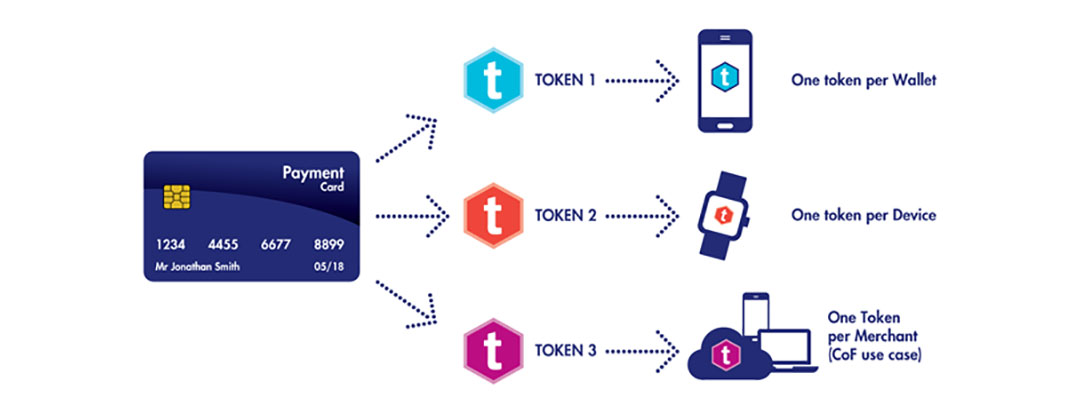UK Trade Orgs Push for Crypto to Become Govt Priority

When Sarah, a Bristol café owner, began accepting Bitcoin payments last year, she didn’t expect to become part of a broader economic shift. Her experiment with digital currencies caught local media attention – and unwittingly mirrored recent calls from British industry groups urging policymakers to embrace blockchain technologies.
This momentum aligns with reports that UK trade associations have approached Prime Minister Keir Starmer’s administration. Their proposal? To establish clearer frameworks for digital assets, potentially mirroring aspects of US crypto regulation strategies. While details remain under discussion, the coalition reportedly suggests appointing a dedicated envoy and creating phased implementation plans.
We’re seeing growing recognition that blockchain innovation could strengthen Britain’s position in global tech markets. For individuals and businesses alike, platforms like Bitdeer Cloud Mining demonstrate how accessible these technologies have become. Their service removes traditional barriers – no hardware setup or technical expertise required – letting users earn through secure, flexible contracts.
Key Takeaways
- Industry leaders advocate for structured government support of blockchain technologies
- Proposals include specialised roles and phased implementation strategies
- Accessible platforms enable public participation in digital asset ecosystems
- Regulatory clarity could stimulate economic growth in tech sectors
- Cross-border policy comparisons inform domestic strategy development
As debates continue about balancing innovation with consumer protection, services bridging this gap gain relevance. The coming months may determine whether Britain positions itself as a hub for responsible digital asset development – with implications for entrepreneurs and everyday users alike.
Industry and Government Perspectives on Crypto Policy
The call for a dedicated digital assets envoy underscores how financial innovation now sits at the heart of economic strategy. Industry leaders argue that clear policy frameworks could unlock £15 billion in annual investment by 2026, according to recent analyses by major trade associations.
Why Specialised Roles Matter
A coalition letter dated 31 March proposes appointing a blockchain liaison officer. This envoy would bridge communication between regulators and tech firms, mirroring approaches seen in US digital finance strategies. Supporters believe such roles accelerate growth by streamlining approvals for sector-specific pilots.
Building the Action Plan
Prime Minister Keir Starmer’s team reportedly examines phased implementation models. Early stages might focus on sandbox programmes for fintech startups, while later phases address cross-border investment rules. One banking executive notes: “Clarity attracts capital – it’s that simple.”
The proposals highlight particular opportunities in supply chain logistics and intellectual property management. For instance, blockchain-based contracts could reduce legal costs for SMEs by 40% within three years. As platforms like Bitdeer demonstrate, user-friendly tools already enable public participation – now policy needs to catch up.
With 78% of tech firms citing regulatory uncertainty as their main barrier to expansion, the government’s response could determine Britain’s position in the global digital finance race. Will policymakers seize this growth catalyst, or watch rivals reap the rewards?
uK trade bodies ask government to make crypto a ‘strategic priority’
A unified push from industry leaders has put forward concrete steps to position Britain at the forefront of digital innovation. The coalition’s 12-page letter outlines how adopting blockchain technology could add £38 billion to the economy by 2032 through smarter contracts and automated compliance systems.

Insights from the Coalition of Digital Trade Organisations
Central to the proposal is creating a special envoy dedicated to digital infrastructure. This role would mirror successful US initiatives, acting as a bridge between Whitehall and tech innovators. “We need someone who speaks both bureaucratese and blockchain,” notes one signatory.
The action plan suggests three phases: establishing regulatory sandboxes, developing skills programmes, and implementing cross-industry standards. Early pilots could focus on healthcare data security or green energy trading – areas where blockchain technology offers immediate benefits.
Industry groups highlight surprising opportunities. Distributed ledger systems might streamline passport renewals or university credential verification. As the coalition argues: “This isn’t just about finance – it’s about rebuilding trust in public services through transparency.”
With other nations racing ahead, the policy shift couldn’t be timelier. Appointing a special envoy would signal Britain’s commitment to becoming the go-to hub for responsible digital innovation. The ball now sits in Keir Starmer’s court – will Downing Street back this vision?
Embracing Innovation: Crypto, Blockchain and Digital Assets
The race to harness blockchain’s potential reveals stark contrasts in how nations approach technological progress. While innovation surges globally, regulatory strategies determine which markets become leaders versus spectators in the digital revolution.

Comparative Analysis: US Versus UK Crypto Strategies
America’s market-driven approach empowers states to craft tailored frameworks – Wyoming’s blockchain banking laws attract firms like Ripple Labs. Conversely, Britain’s phased regulatory model prioritises consumer safeguards first. “The US moves fast but risks fragmentation,” notes a technology CEO. “The UK’s methodical pace could secure long-term trust.”
Impact on the Digital Economy and Investment Growth
Clear policies directly influence economy expansion. Recent data shows blockchain adoption could boost global GDP by £1.3 trillion by 2030. Collaborative efforts between industry and regulators create fertile ground for services like smart contract platforms and decentralised identity solutions.
Bitdeer Cloud Mining: Simplifying Crypto Earnings
Platforms bridging the talent gap make digital assets accessible to all. Bitdeer’s cloud-based system requires just three clicks to start earning – no mining rigs or technical expertise needed. Their instant activation and flexible contracts exemplify how innovation removes barriers to participation.
As one investor observes: “The opportunity isn’t just in creating new tech, but in democratising its benefits.” With nations vying for blockchain supremacy, user-friendly tools and forward-thinking policies will determine who leads the next economy shift.
Conclusion
At this crossroads of innovation and regulation, coordinated action could redefine how societies interact with digital value. The proposals for structured frameworks and specialised roles aren’t just bureaucratic exercises – they’re blueprints for unlocking the crypto industry’s full potential.
Implementing a clear plan creates ripple effects. From streamlined business operations to accessible earning platforms like Bitdeer Cloud Mining, thoughtful policies empower both institutions and individuals. When stakeholders collaborate, we see what’s possible: secure contracts, transparent services, and economic growth that doesn’t leave everyday users behind.
To appoint special advisors signals more than political will – it demonstrates commitment to being architects rather than spectators of technological change. As these discussions evolve, one truth emerges: the crypto industry thrives where vision meets practical solutions.
The path forward? Combine bold planning with tools that simplify participation. Because when innovation becomes this tangible, everyone gains a stake in tomorrow’s digital landscape.
FAQ
Why are industry groups urging policymakers to prioritise digital assets?
Trade associations argue that blockchain technology represents a £54 billion economic opportunity. Designating it as a strategic focus would streamline regulations, attract investment, and position Britain as a leader in digital finance innovation.
What role would a dedicated blockchain envoy play?
A special envoy could bridge gaps between policymakers and firms, shaping balanced frameworks for crypto services while addressing risks. This role mirrors approaches in markets like the United States, fostering collaboration without stifling growth.
How might government action plans impact businesses?
Clearer guidelines could help firms navigate compliance while accelerating adoption. Proposals include talent development programmes and sandboxes for testing blockchain applications – measures that reduce barriers for startups and established enterprises alike.
How does the UK’s approach compare to US crypto strategies?
While the US leans toward aggressive enforcement, British trade bodies advocate for principles-based regulation. The goal? To balance consumer protection with nurturing homegrown blockchain ventures, avoiding the innovation drain seen elsewhere.
Could this policy shift boost Britain’s digital economy?
Absolutely. Streamlined rules may unlock £2.1 billion in annual growth by 2026 through job creation and increased adoption. It signals to investors that the UK welcomes responsible experimentation in digital finance infrastructure.
What practical steps help individuals engage with crypto securely?
Platforms like Bitdeer simplify participation through cloud mining – think of it as renting computing power rather than buying expensive hardware. Always verify service providers’ credentials and prioritise platforms with transparent fee structures.















